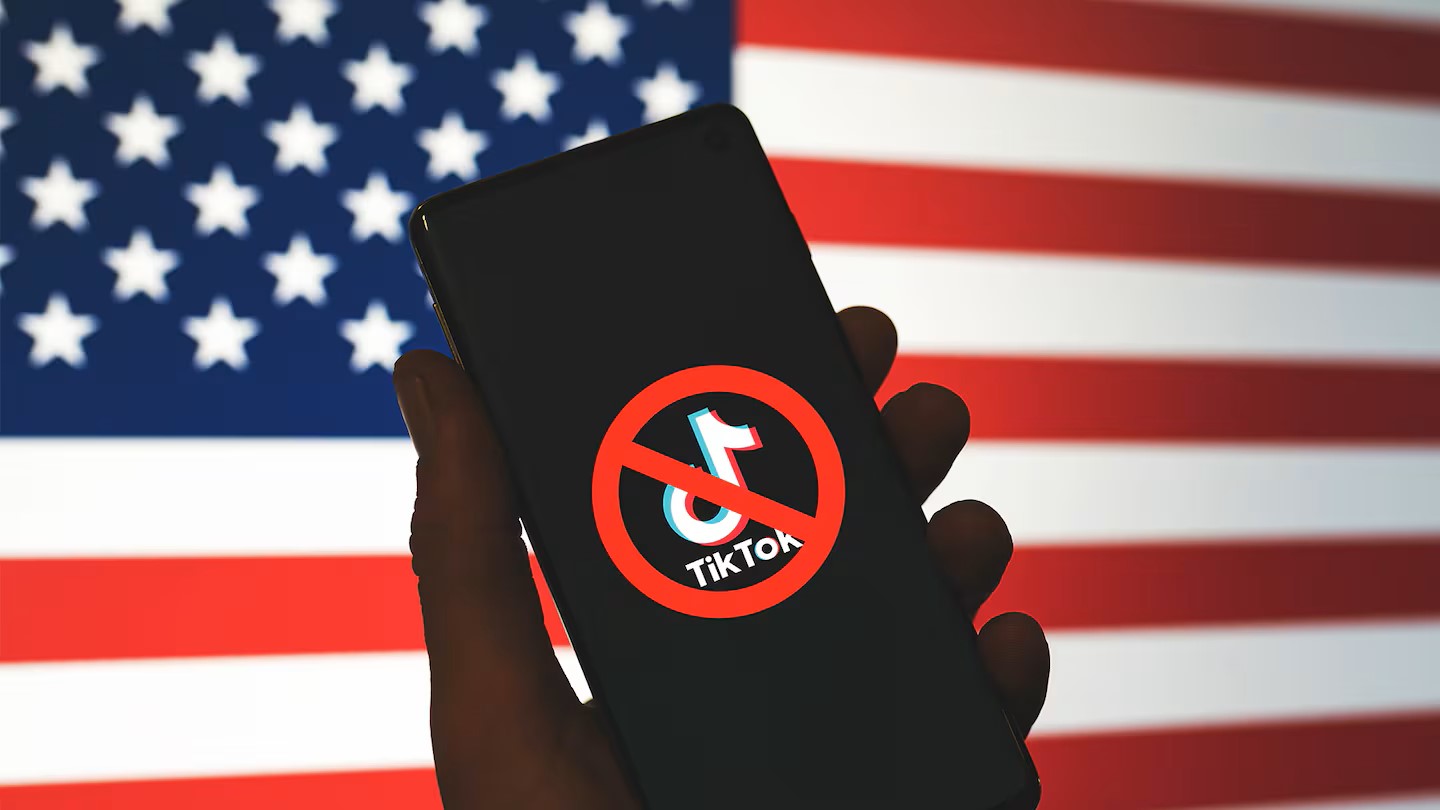TikTok intensified its opposition to the Biden administration on Thursday, challenging a law that could lead to a ban of the popular app in the United States. In an extensive court filing, TikTok argued that American users might be confined to a content “island,” cut off from global interactions if the platform is forced to change ownership.
The filing, which disclosed the text of a draft agreement between TikTok and the U.S. government for the first time, argued that the proposed arrangement would have addressed national security concerns. TikTok claimed this agreement was abandoned in favor of legislation that infringes on First Amendment rights.
This legal action marks TikTok’s first move in a crucial case that could not only decide the future of an app used by 170 million Americans but also impact how courts interpret the First Amendment in the digital age. The Justice Department has chosen not to comment on the case.
TikTok has consistently argued that divestiture by its Chinese parent company, ByteDance, is not feasible—technologically, commercially, or legally—and cannot be achieved by the January 2025 deadline specified by the new law signed by President Joe Biden.
“Even if divestiture were possible, TikTok in the United States would become a mere shell, stripped of the innovative technology that personalizes content for each user,” the company stated in its brief. “This would also isolate American users, preventing them from sharing views with the global TikTok community.”
According to TikTok, the contested law prohibits the necessary data-sharing agreements to display international content to U.S. users, effectively creating a digital isolation for them.
This concern is shared by TikTok content creators, who in a related legal brief, argued that the law restricts their freedom to choose their platforms of expression and violates their First Amendment right to receive others’ speech. This group includes a football coach, a sexual assault survivor advocate, and a U.S. Air Force veteran.
A significant element of TikTok’s case is the draft agreement with the Committee on Foreign Investment in the United States (CFIUS), which reviews the national security implications of foreign investments. TikTok argued that this agreement provided a less intrusive solution to the government’s security concerns, negating the need for a potential ban or forced divestiture.
The filing detailed how, despite extensive negotiations and numerous meetings with U.S. officials, the proposed agreement was never finalized. TikTok reported that after months of silence from CFIUS, they were informed in March 2023 that “senior government officials” demanded divestiture without explaining why the agreement was insufficient. Requests by TikTok for further meetings with senior officials went unanswered.
For years, U.S. officials have voiced concerns that the Chinese government could access TikTok user data through ByteDance. While the Trump administration’s attempt to ban TikTok by executive order was blocked by legal challenges, Biden’s recent legislation has reignited the issue. Interestingly, Trump later reversed his stance, suggesting that a ban would only benefit TikTok’s competitor, Meta.
Cybersecurity experts acknowledge the theoretical risk posed by Chinese laws but point out that China can acquire similar data through other means, such as purchasing it on the open market. Importantly, U.S. officials have not publicly provided evidence of China accessing TikTok user data. However, they caution that such data could be used for propaganda or intelligence purposes, and members of Congress have received classified briefings on the app’s potential risks.
TikTok has consistently denied providing user data to the Chinese government and criticized the congressional briefings as part of a flawed and rushed legislative process.
TikTok included a comprehensive appendix to its brief, featuring the full 103-page draft agreement, known as Project Texas. This plan aims to segregate U.S. user data from TikTok’s global operations and includes provisions for U.S. government oversight, such as the ability to temporarily halt or shut down the app if compliance issues arise.
TikTok reported spending $2 billion to voluntarily implement Project Texas. Additionally, a signed declaration from Christopher Simkins, a third-party expert and former CFIUS official, endorsed the draft agreement as robust and capable of reducing TikTok’s national security risks to a “LOW level.” As the legal battle unfolds, its outcome will not only determine TikTok’s fate in the United States but could also set a precedent for the regulation of digital platforms and the balance between national security and free speech.






